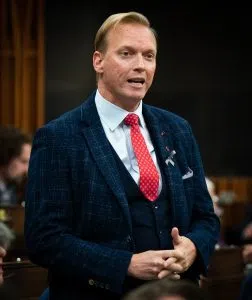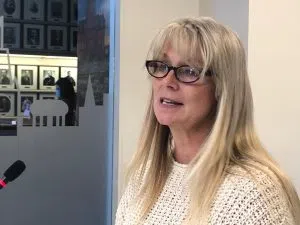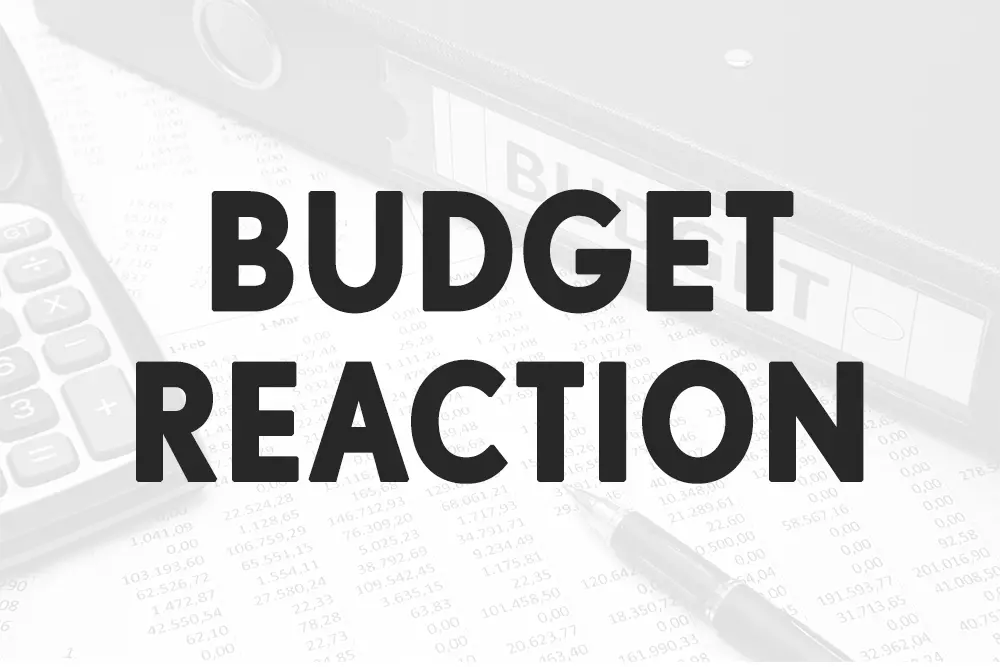Bay of Quinte MP Ryan Williams has given his thoughts on the federal government’s 2024 budget announced on Tuesday, criticizing the spending and accusing of the government of being the source of some of the problems being addressed.
MP Williams says the Conservative party had asked for some restraint in this budget, including axing the carbon tax, building homes not bureaucracy, and for the current government to cap spending.
Finally, Williams said he was still waiting for firm language about Bill 365, a consumer-led open banking bill that Williams introduced.

Ryan Williams stands up to speak in the Chamber during Question Period in Ottawa, May 17, 2023.
(Photo: Bernard Thibodeau, House of Commons Photo Services)
Hastings-Lennox and Addington MP Shelby Kramp-Neuman isn’t impressed with the Liberal federal budget.
Kramp says she and her Conservative Party have clearly stated that they can’t support a budget that doesn’t remove the carbon tax, doesn’t provide a concrete plan to build homes and isn’t fiscally responsible.
According to Kramp, the budget tabled yesterday doesn’t meet any of those stipulations and urges the other opposition parties, especially the NDP, to vote against it and allow Canadians to go to the polls as soon as possible.
****as of early Wednesday morning both the Bloc Quebecois and the Conservatives say they will vote against the budget****

Hastings Lennox & Addington MP Shelby Kramp-Neuman. (Photo: Office of Shelby Kramp-Neumann)
“The deficit is increasing and our youth are going to be responsible for paying that debt and that’s going to make it difficult because most of our youth are in school and coming out with debt.”

“We’re in a housing and homelessness crisis across Canada and the problem is that because band-aid solutions have been used we’re now trying to play catch-up and unfortunately our most vulnerable citizens are paying the price.”
The Community Development Council of Quinte is an organization that offers several food and other programs aimed at helping the less well off in Hastings and Prince Edward counties.

Ruth Ingersoll. (Photo: Quinte News)
“While some would like to see corporate greed, particularly as it impacts gas and grocery prices, curtailed through higher taxes for those sector businesses, this budget has largely avoided targeting corporations as the means to reducing the deficit.”
Raycroft says the deficit spending through 2029 could lead to continued high costs for Canadians.

Belleville Chamber of Commerce CEO Jill Raycroft. (Photo: Quinte News)






